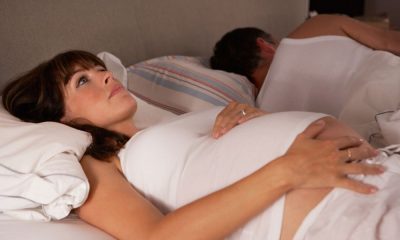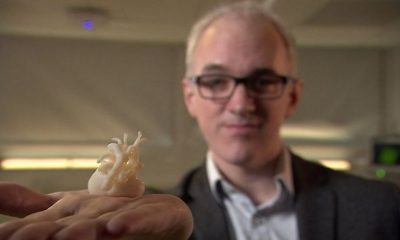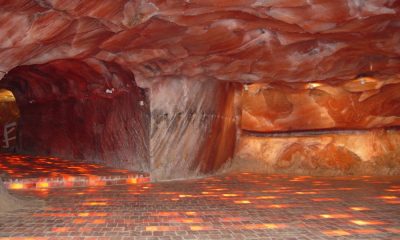What Is Sleep Apnea?
Sleep apnea is a disorder that affects many people and is a term that you have most likely heard and perhaps did not know what it meant. Sleep apnea is an apnea that causes you to have slight pauses in your breathing when you are getting your beauty rest; you might have pauses when you stop breathing for a few seconds or minutes or you may experience very light breathing. Once you start breathing normally, you may experience some choking or snorting, which can be disruptive for anyone else sleeping in that room.
Sleep apnea is often a chronic condition, which can really interrupt your sleep and cause you to have a light sleep pattern versus having a deep sleep, which is coveted among those of us who like restful sleep. Due to the apnea, your quality of sleep, and amount of sleep, can suffer and cause you to be sleepy during the day and get tired rather easily compared to those who get quality sleep at night.
This condition can often go untreated properly and even untreated entirely. Part of the reason is because it not easily seen on a general checkup and there are few tests that can be done to diagnose it. You may also have a hard time figuring out you have it because you are asleep when the disorder affects you most.
A rather common form of sleep apnea is the type that is labeled as obstructive sleep apnea. When you have obstructive sleep apnea, the airway in your throat and nasal cavity area will close, or collapse, and sometimes it even gets blocked in your sleep. When this happens, you will experience pauses in your breathing or the shallow breathing that we mentioned earlier. When this all happens, the air you are breathing in or out has to squeeze past the blockage and this is the cause of the typical loud snoring; the blockage flaps and contributes to the snoring sounds.
Another type of sleep apnea that is less common than obstructive is central sleep apnea. The part of your brain that is in control of your breathing can get signals that are not correct for breathing; when this happens, you may not breathe properly for short periods of time. When you have this kind of sleep apnea, there is often no snoring involved since this kind does not have much to do with the actual airways.
Ross Rubino

 Entertainment52 years ago
Entertainment52 years ago
 Entertainment52 years ago
Entertainment52 years ago
 Entertainment52 years ago
Entertainment52 years ago
 Entertainment52 years ago
Entertainment52 years ago














